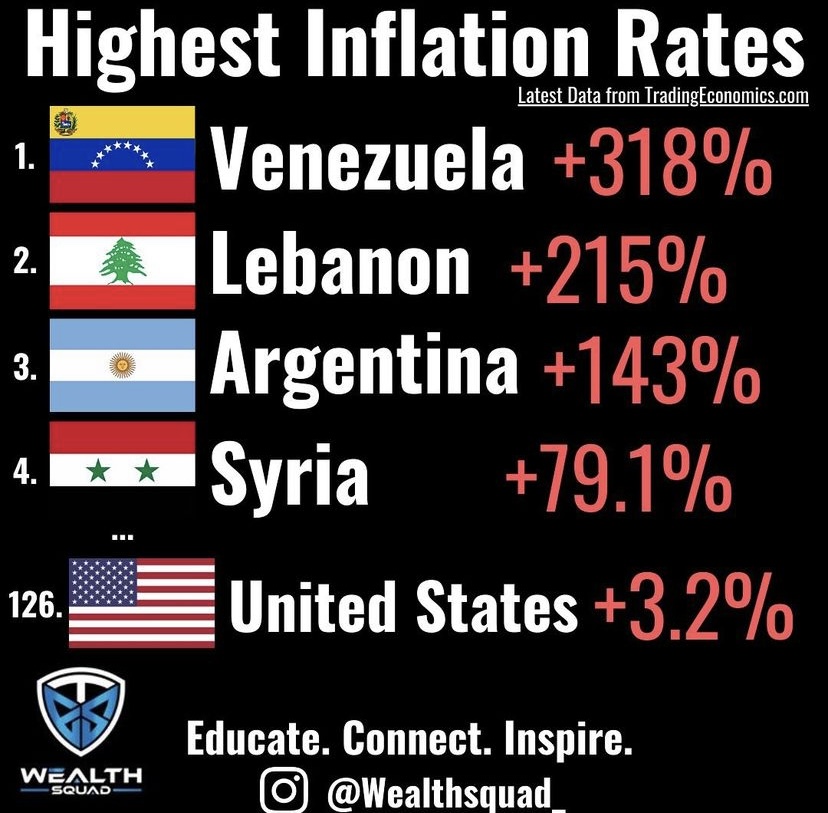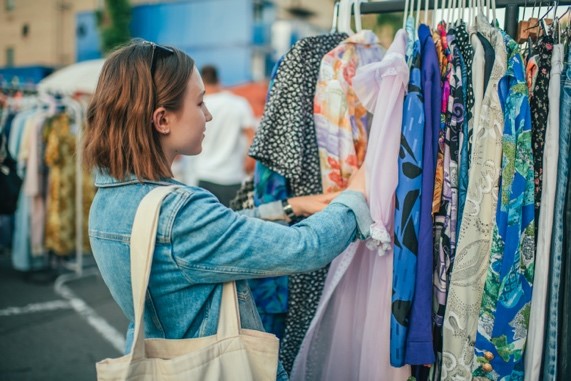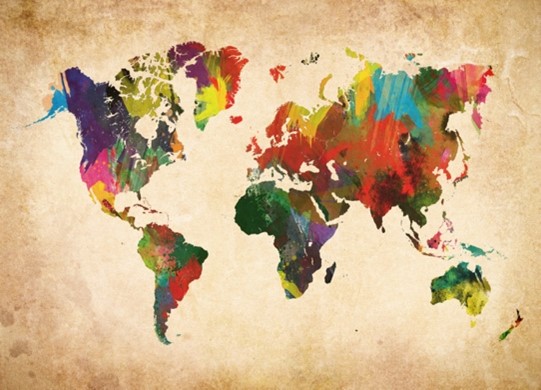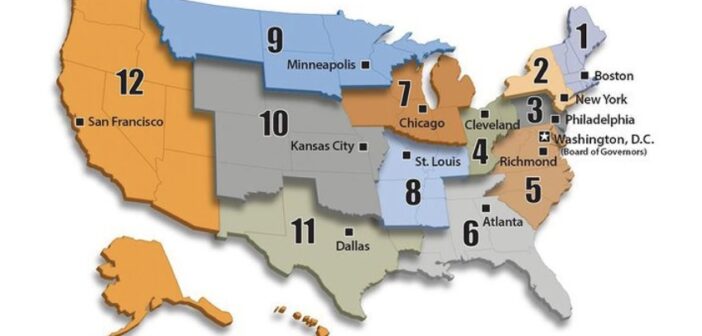By Hannah Lynn, Contributing Writer
People often say that money makes the world go around, but what happens when too much money causes a rise in the cost of living due to high inflation rates?
“Simply put, inflation is the rate of increase in the price of goods and services over time,” said Austin Trantham, a political science professor at Saint Leo University.
While counties have been dealing with fluctuating inflation for much of history, many counties like the United States had a low inflation rate before 2020. This all changed when the COVID-19 pandemic took over the world and everyone’s life was changed.


“Much of the current high inflation rates we are seeing today are largely out of individual countries’ control. This includes the COVID-19 pandemic and related supply chain issues affecting the transport of goods to markets,” Trantham shared.
Each country was affected differently by the pandemic, and world leaders based their response on what they felt could help their country and citizens the best.
In many developed countries, the Covid-19 pandemic caused many people to lose their jobs, and therefore their income.



In the United States, many citizens were collecting unemployment payments. The government, seeing that this was hurting the economy, were issuing checks to citizens through stimulus packages to help.
With this newfound money, people realized that they had a better salary than when they were in the workforce and decided to stay at home, which contributed to the inflation seen today.
People were buying more goods from online stores such as Amazon. Paired with the worker shortage, this caused businesses to increase prices, because they had more demand for products and a shortage of employees.
Since people wanted to stay home, businesses had to figure out ways to incentivize people to come back to work, which included a better salary and more benefits.
Many underdeveloped countries, such as Zimbabwe, were filled with political corruption and what economist call hyperinflation, inflation that has grown out of control. The pandemic caused the country’s inflation to grow.
Since there were low safeguards against inflation until 2008, people were already suffering from unaffordable prices. This caused prices to get even higher, so people were not able to buy what they needed.
Nobody could have predicted an event like this could happen, and while Zimbabwe did try to reduce inflation years before, it could not predict an event like this. The government saw that more action needed to be taken.
According to an article by Rueters, “Zimbabwe will from now on measure inflation using a weighted average of items priced in Zimbabwean dollars and U.S. dollars.”
This is a huge step towards reducing inflation and giving the citizens a more comfortable life.
Even though the inflation rates are high, there are steps that governments can take to reduce the rate.
“Promoting sound monetary and fiscal policies. Raising interest rates typically leads to higher borrowing costs for individuals, making spending less attractive. Other ways to curb inflation include increasing taxes and reducing the money supply in circulation. Finally, governments might impose wage and price controls to create market balance,” Trantham concluded.





